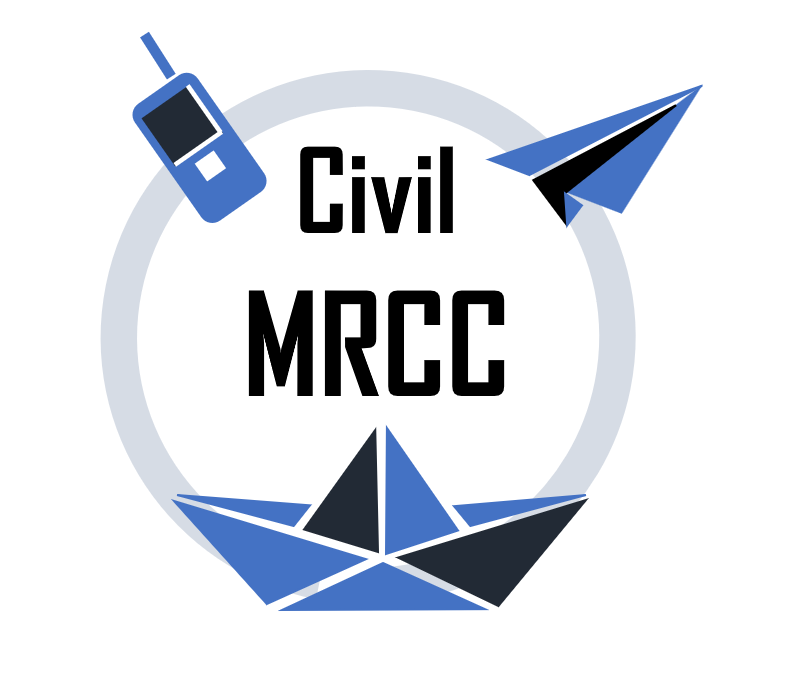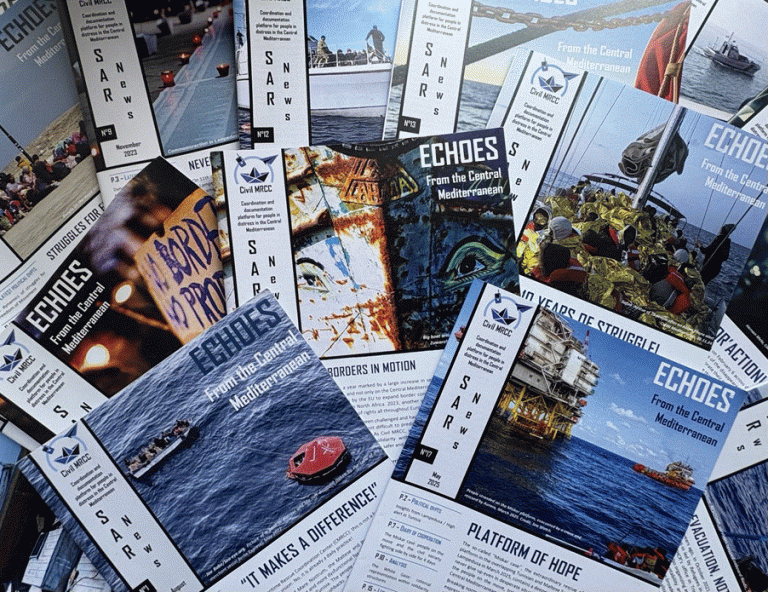
In June, we launched the Malta Migration Archive. The Archive sheds light on border violence in Malta by systematically documenting the many ways that the Maltese state obstructs mobility and settlement. The Archive documents state practices of non-assistance and pushbacks to Libya, while also collecting testimonies of people who are newly arrived in Malta.
We started this project wanting to do two things: one was to counter the lack of information about migration at sea, countering the veil of secrecy that has surrounded Malta’s actions when people are in distress in our waters. The second was to connect what is happening at sea – the violence and racism of leaving people in distress at sea or pushing them back to Libya – to the violence and racism people face on our islands, from being locked up in detention to being denied the rights and opportunities that allow for a decent life.
Our interactive map holds details of over 1,800 cases of distress in Malta’s search and rescue zone between 2020 and 2024. These represent almost 80,000 people in distress. In this zone, Malta holds responsibility to coordinate rescue and ensure that people are disembarked in a safe place. Yet, Malta only rescued between 2 and 3 percent of distress cases during this time period. Avoiding and delaying rescue has become normal practice for the Maltese authorities. They have also refused to coordinate rescue with NGO and merchant vessels. These refusals are deadly: more people suffer and die at sea because of the Maltese government’s actions and inactions. Last year, more than 1,700 people died in the Central Mediterranean.
As Malta has steadily refused to rescue people in distress, they have also increasingly allowed Libyan militias into our search and rescue zone to illegally return people to Libya, despite the evidence of systematic and widespread human rights abuses there. Our database shows that between 2020 and 2024, over 5,000 people were illegally returned to Libya from within Malta’s search and rescue zone.
The Archive is a collective effort, made possible by a mosaic of people and organisations. In Malta, we have been privileged to work with Aditus, the Association for Justice, Equality and Peace, the Coalition for the El Hiblu 3, Moviment Graffitti, SAR Malta Network, and Spark 15, among others. Beyond Malta, we are indebted to the Civil Fleet: the organisations that are at sea documenting border violence and carrying out vital rescue work. We have worked closely with Alarmphone and Sea-Watch and in particular with the Civil MRCC SARchive, which has provided the data for the interactive map.
In our work, we recognise the limits of ‘data’: the always incomplete nature of the information we hold, as well as the political exploitation of data that exists, especially the ways in which quantitative data feeds constructed migration ‘crises’. We therefore supplement quantitative data with more in-depth case studies and testimonies from people on the move. We also believe the Archive is part of a critical collective effort to expose border violence and hidden state practices.
This archive is thus conceived of as a counter-archive, countering erasure and forgetting. In our work, we document the actions of states and other actors that cause so much harm and death, while also reflecting the tenacity of the human spirit, our fundamental relationship to mobility and migration as humans, and the ways that people create spaces of solidarity in Malta, the Mediterranean, and beyond.
The Malta Migration Archive is also envisioned as a collaborative resource: it is a living, evolving space that we can all use, share, and contribute to. In this spirit, we invite you to collaborate with us, to document the work you are doing in these spaces, to add new insights, new areas, and testimonies.
Malta Migration Archive, 14th of July 2025
Wesbite – https://maltamigrationarchive.org/
Media outlets:



